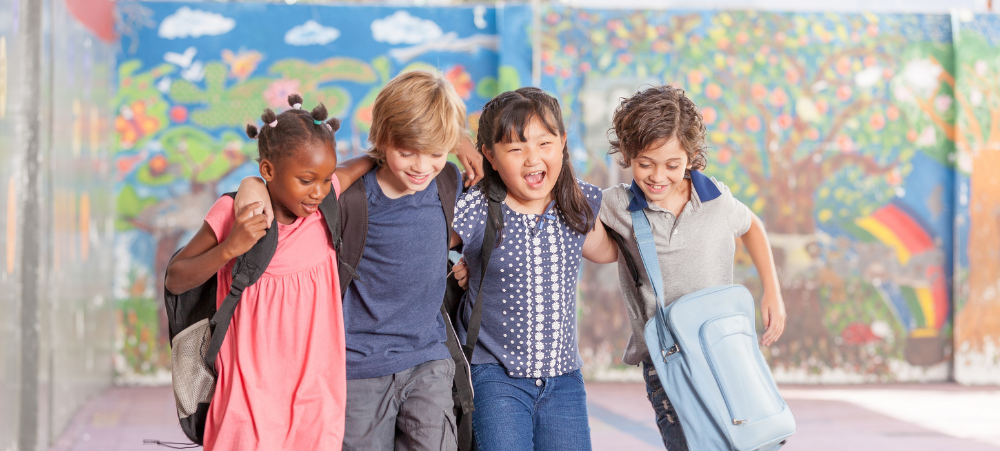Imagine holding a big juicy orange in your hand. The fruit feels heavy and cool and you excitedly anticipate enjoying what it has ‘inside’. You know for sure that the orange, when squeezed, will only produce orange juice. You do not expect, nor will you receive, apple, pear or even grape juice, right? This is, of course because an orange only HAS orange juice inside to ‘give’.
Cindy Glass, Owner and co-Founder of Step Up Education Centres says, “Consider how this analogy can be applied to human nature. In a similar way to the orange, WE can only give to others what we have inside of ourselves to give. It cannot be any other way. How we treat ourselves will determine how we feel about ourselves. This will directly impact on how we treat others and how we will allow others to treat us. Learning to have self-respect will, therefore, ensure that we will respect others, honour boundaries, behave with integrity and honesty and build strong and healthy relationships.”
She adds that NOBODY who has a positive sense of self-respect will want to hurt another! Imagine how different life would be in our homes and schools if we could teach our children to have self-respect!
She offers the following helpful tips to help your children learn the essential skill of self-respect:
- The most effective way to teach self-respect is to model it: Our children do what we do, not always what we say. Start by making sure that YOU respect yourself first. It is a win-win as one of the benefits of self-respect is happiness and fulfillment- and who would not want that?
- Teach your children to take responsibility for their behaviours and choices: Accountability is essential to developing self-respect. Mistakes and failures are inevitable. Individuals with high levels of self-respect will own their mistakes and seek to find positive solutions. They will not blame others for their own choices.
- Teach your children to set healthy personal boundaries: It is okay to say no without feeling shameful or guilty. We teach others how to treat us. Setting boundaries ensures that we create and maintain self-respect.
- Teach your children that they can and should walk away from abusive or unhealthy friendships: Positive friendships share common values and respect each other’s personal space. Allowing or justifying negative behaviours from others simply teaches them to continue in these behaviours. ‘I respect myself enough to not allow others to treat me in a disrespectful manner. It is because I respect myself that I ensure that I, too, respect others.’
- Teach your children to be kind – towards themselves first and, in turn, toward others: ‘Be gentle with yourself, little one, for we are all learning and growing and finding our way through life.’
“Self-respect can only be taught effectively if it is modelled effectively. Parents, you are your children’s first and longest-lasting teachers. Respect yourself enough to teach your children to do the same. It won’t always be easy, but it will be worthwhile,” Cindy concludes.
We understand that there are many aspects that encompass a Mother, Father or Child and strive toward providing resources and services that accommodates this.
Our content is aimed to inform and educate families on issues starting from pregnancy through to the challenges of the teen-age years.
- Say Hello to the Ultimate Holiday Brunch Bite - December 17, 2025
- Tiny Toons Looniversity Returns: Meet the Voice Behind Plucky and Hamton! - December 12, 2025
- From Pain to Possibility: Panado®’s New Marketing Campaign, Highlights The Joy Of Pain Relief - December 10, 2025





